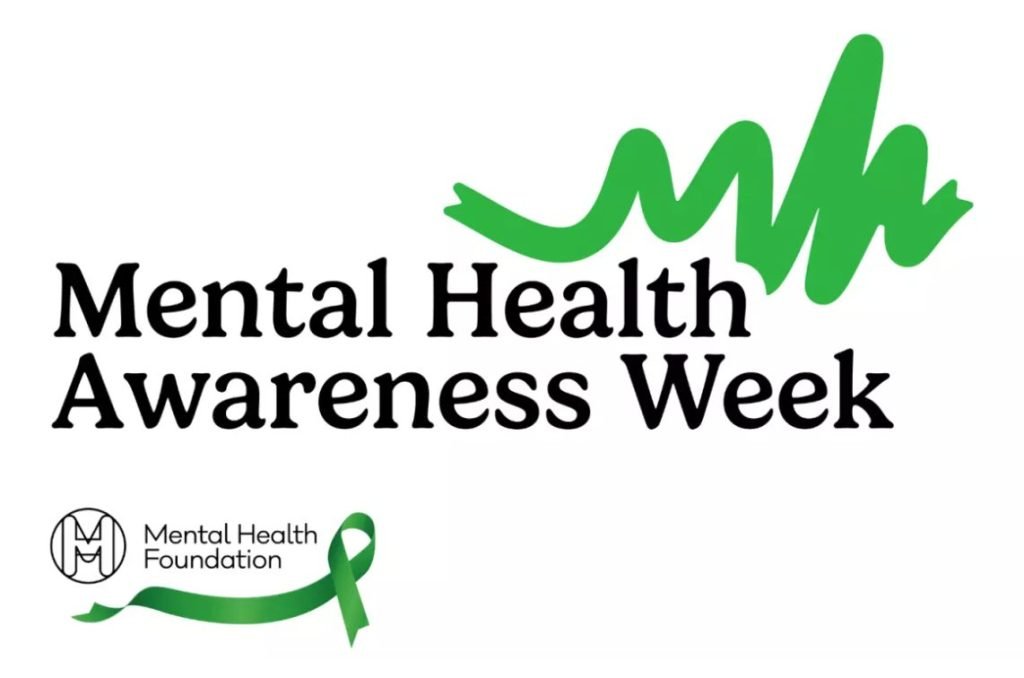Mental Health Awareness
Mental Health Awareness is so important so you can spot the signs early and take care of yourself of take the time to help others. Here is a short video to help clarify Mental Health Awareness and if someone’s mental health is at risk of deteriorating.
Statistics
- Mixed anxiety and depression is Britain’s most common mental disorder, with 7.8% of people meeting the criteria for diagnosis.1
- 4 to 10% of people in England will experience depression in their lifetime.2
- Common mental health problems such as depression and anxiety are distributed according to a gradient of economic disadvantage across society. The poorer and more disadvantaged are disproportionately affected by common mental health problems and their adverse consequences.3
- Mixed anxiety and depression have been estimated to cause one-fifth of days lost from work in Britain.4
- One adult in six had a common mental disorder.5
Mental Health Awareness Video
Mental Health Awareness Week 2024 will take place from 13 to 19 May

Getting help for mental health
Getting help with your mental health can involve developing new coping mechanisms, speaking to your GP, finding the right therapy for you, or seeking help in a crisis.
The quickest way to get help is online by visiting trustworthy websites to find out more about mental health problems, symptoms and treatment options.
Here are some recommendations:
The Mental Health Foundation has an A-Z Guide for every mental health issue and disorder.
The Mental health Foundation also has a ‘getting help with your mental health’ page.
Mind provide advice and support to empower anyone experiencing a mental health problem.
NHS has the Every Mind Matters website and a list of Self Help topics.
You may also find podcasts and videos helpful. The NHS has some mental wellbeing audio guides, and Mind has a YouTube channel, for example.
or ask your GP for local recommendations.
Online one-to-one support
Sometimes it can feel easier to talk about what’s on your mind through an online chat rather than on the phone or face-to-face. The organisations listed below let you have an online conversation with a trained volunteer or counsellor in real-time.
- If you’re a young person, you can contact Childline (for people under 18) or The Mix (for people under 25)
- If you’re LGBTQIA+, contact Switchboard LGBT+ Helpline to talk to an LGBTQIA+ volunteer.
- If you’re experiencing domestic abuse, you can use Galop’s webchat service
- You can talk to a Beat advisor if you’re affected by an eating disorder
- CALM offers a webchat service for anyone feeling down who needs to talk
- My Black Dog is a peer support chat service for people with mental health difficulties
References
- NICE (2011). Common mental health disorders | Guidance and guidelines | NICE. [online] Available at: http://www.nice.org.uk/guidance/cg123 [Accessed 25 Aug 2015].
- McManus S, Meltzer H, Brugha T, Bebbington P, Jenkins R (eds), 2009. Adult Psychiatric Morbidity in England 2007: results of a household survey. NHS Information Centre for Health and Social Care. [online] Available at: http://www.hscic.gov.uk/pubs/psychiatricmorbidity07 [Accessed 25 Aug 2015].
- Patel V, Lund C, Hatherill S, Plagerson S, Corrigall J, Funk M, & Flisher AJ. (2010). Mental disorders: equity and social determinants. Equity, social determinants and public health programmes, 115.
- Das-Munshi et al. (2008) cited in McManus S, Bebbington P, Jenkins R, Brugha T. (eds.) (2016) Mental health and wellbeing in England: Adult Psychiatric Morbidity Survey 2014. Leeds: NHS Digital [Accessed 5 Oct 2016] Available at: http://content.digital.nhs.uk/catalogue/PUB21748/apms-2014-full-rpt.pdf
- McManus S, Bebbington P, Jenkins R, Brugha T. (eds.) (2016) Mental health and wellbeing in England: Adult Psychiatric Morbidity Survey 2014. Leeds: NHS Digital. Available at: http://content.digital.nhs.uk/catalogue/PUB21748/apms-2014-exec-summary…. 5 October 2016]

